Causes of proctological pathologies
The occurrence of diseases of the colon, rectum, anal canal, anus and other organs of this area is facilitated by:
- Improper nutrition
- Bad environment
- Stress
- Genetic predisposition
- Sedentary lifestyle
- And some other factors
Diseases begin with disorders of the mucous membrane of the lower intestines, which contribute to inflammatory processes, infectious diseases, ulcers, and tumors. Due to the sensitivity of the problems in this area, many patients are in no hurry to contact doctors at the coloproctology department, which leads to the progression of the disease.
The severity of illnesses can range from minor to life-threatening. Pathologies of the rectum and anal canal, the occurrence of chronic anal fissures, hemorrhoids, polyps of the anal area, anal fimbria, pararectal fistulas and other processes in this area worsen health, causing both physical and psychological discomfort. As diseases of the colon and other parts of the intestine develop, the need for surgery and hospitalization may arise.
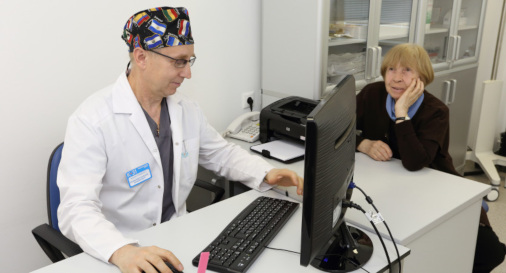
The most common diseases of proctology and coloproctology
- Hemorrhoids
- Anal fissure
- Colitis
- Rectal prolapse
- Colon polyps
- Fistula of the rectum and anus
- Proctitis, diverticulitis
- Condylomas
- Colon tumors
People come to our clinic with condylomas in the intestines, coccyx cysts, paraproctitis, rectoceles, non-healing wounds, and rectal polyps. We successfully remove or disarterize hemorrhoids, as well as vaporize them, and perform operations to remove polyps. In the proctology center, you can treat epithelial coccygeal duct, colon cancer, rectal cancer, genital warts, etc. Many of the proctological diseases, including those in the anorectal area of our patients, can be successfully treated with modern medical methods in the K+31 clinics (Moscow) professional coloproctologists.
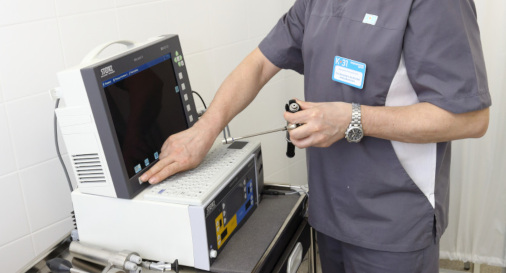
Services
Treatment of diverticular disease
Methods of laser proctology Colonoscopy Diagnostics
This award is given to clinics with the highest ratings according to user ratings, a large number of requests from this site, and in the absence of critical violations.

This award is given to clinics with the highest ratings according to user ratings. It means that the place is known, loved, and definitely worth visiting.

The ProDoctors portal collected 500 thousand reviews, compiled a rating of doctors based on them and awarded the best. We are proud that our doctors are among those awarded.
Make an appointment at a convenient time on the nearest date
Price
Diagnosis and treatment of diseases in coloproctology
At the K+31 clinic, the diagnosis of our patients begins with a visual examination and a rectal examination. Doctors may prescribe an ultrasound of the intestines, rectum, endoscopy, anoscopy or colonoscopy, videocapsule colonoscopy, colonoscopy, X-ray, computed tomography (CT), magnetic resonance imaging (MRI) of the abdominal cavity, etc.
If colon infections or parasites are suspected, laboratory tests are ordered. If there is a suspicion of oncology, a biopsy is prescribed. The choice of further therapy depends on the results of the diagnosis.
At the K+31 clinic, the diagnosis of our patients begins with a visual examination and a rectal examination. Doctors may prescribe an ultrasound of the intestines, rectum, endoscopy, anoscopy or colonoscopy, videocapsule colonoscopy, colonoscopy, X-ray, computed tomography (CT), magnetic resonance imaging (MRI) of the abdominal cavity, etc.
If colon infections or parasites are suspected, laboratory tests are ordered. If there is a suspicion of oncology, a biopsy is prescribed. The choice of further therapy depends on the results of the diagnosis.
The treatment of a patient with rectal disease is a very delicate problem, requiring careful and sensitive approach from a specialist. Early diagnosis of pathologies can significantly improve treatment outcomes.
For the treatment of our patients in the clinic "K + 31" are used as minimally invasive (surgical and non-surgical) interventions, and extensive operations for cancer, diverticulosis, inflammatory and other pathological conditions of the colon. The treatment of some diseases can be conservative, while others are treated in a complex manner, using different methods. The choice of treatment depends on the disease, its stage, individual characteristics and the condition of the patient, presence of contraindications, etc.
Application of new surgical technologies and anesthetic support in K+31 clinics allows minimizing pain in the postoperative period and shortening the rehabilitation period.
With any proctological diseases of the colon, seek help from the doctors of our clinic. We provide accurate diagnostics, high-quality medical care and treatment of diseases, in which, if necessary, doctors of various profiles participate: gynecologist, gastroenterologist, oncologist, dermatologist, etc.
Conservative therapy includes ozone therapy, autoplasmogel treatment, physical therapy, anal gymnastics and possible with such diseases as: anal fissure, hemorrhoids in a chronic state, rectocele, narrowing of the anal canal, thrombosis of nodes, etc.
The methods of minimally invasive surgery in our clinic are used for anal fissure, wounds of the anal canal, stretching of the anus, internal hemorrhoids, etc.
Surgical treatment methods include: thrombectomy, excision of an anal fissure or fistula, sphincteroplasty, desarterization, opening paraproctitis, hemorrhoidectomy. Surgical treatment of diseases is carried out by a surgeon. It is shown in heavy and neglected cases and is performed under general anesthesia or local anesthesia. Our clinic performs perineal surgeries, surgeries for removal of hemorrhoids, LIFT surgery, plastic surgery and other proctological surgeries.
K+31 photo gallery













To get a consultation
Specialists of "K+31" clinics recommend to see a doctor if you experience the following symptoms: pain in the abdomen, anus or perineum:
- Systematic increase in gas formation, bloating
- Impaired stool frequency - constipation or prolonged diarrhea
- Bleeding through the anus during stool and outside of bowel movements
- Prolapse or inflammation of hemorrhoids
- Discharge of mucus or pus from the anus
- Anal itching or other discomfort in the anus
- False urge to defecate
- Fecal and gas incontinence
- Rectal prolapse
- Appearance of tumor-like formations in the anus
- A combination of these complaints
Treatment of diseases of the colon and anal canal is easier and faster, if the patient is treated in the early stages of their development. Therefore, you need to discard the constraint and contact the department coloproctology clinic "K + 31" in the event of the first discomfort. Because advanced diseases have to be treated with the help of complex surgical operations, and the length of stay in the hospital is significantly increased.
Call our medical center by phone or leave a request for a call back on the website.
The effectiveness of the first examination with a coloproctologist depends on how you prepare for it. At the first examination, the specialist, first of all, should examine the perineum and perform a digital examination of the rectum. Then the doctor performs a visual examination of the anal canal and rectum - anoscopy and sigmoidoscopy. It should be noted that visual examination of the rectum is an important element that makes up the examination of the patient.
In our clinic, in the Department of Coloproctology, outpatient examinations are carried out, treatment of wounds, anal fissure, oncological diseases, polyposis, pelvic teratoma, postpartum deformities, incontinence, rectocele, rectovaginal and rectal fistulas, hemorrhoids, colorectal cancer and its metastases in the liver, colon cancer and other diseases and pathologies of this zone. Our proctologists and surgeons are specialists of the highest category. They have extensive experience in the treatment of diseases of the pelvic organs, use innovative methods of diagnosis and treatment of patients, prefer organ-preserving and minimally invasive procedures.
You can make an appointment with the doctor of our medical center in Moscow by phone or leave an application online, and we will contact you as soon as possible.


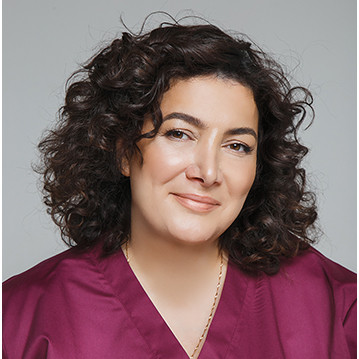
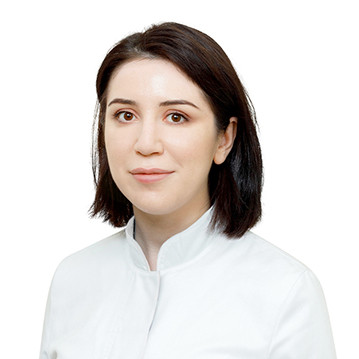
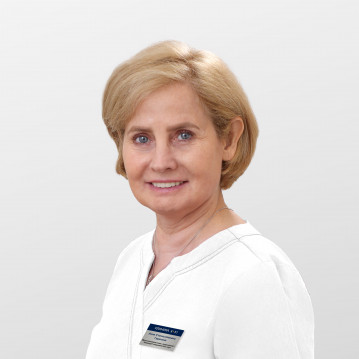



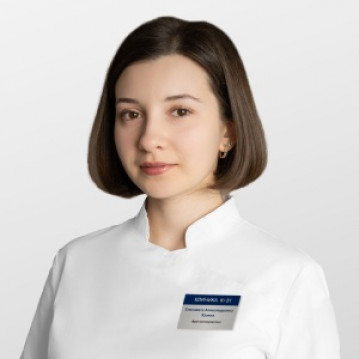

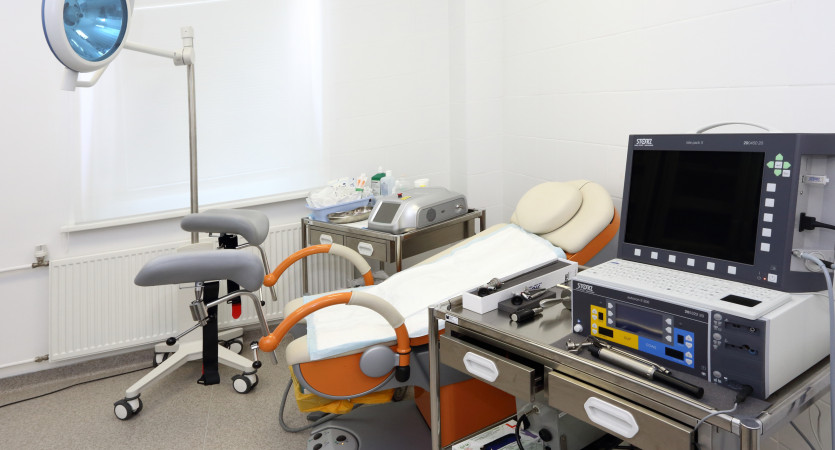
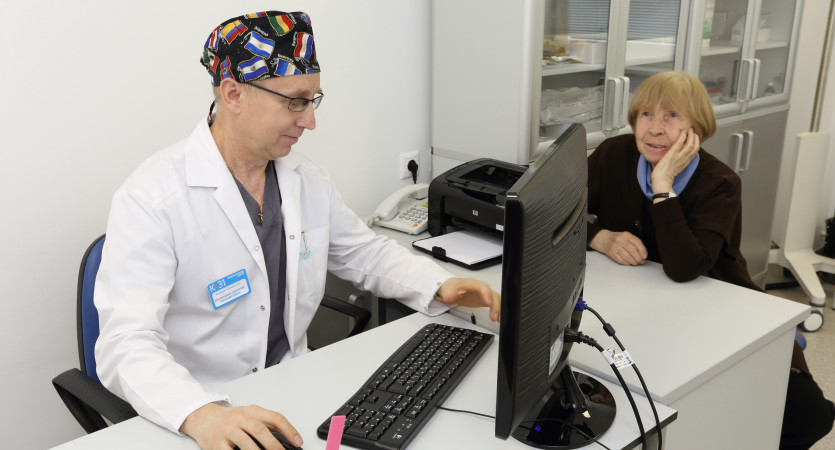
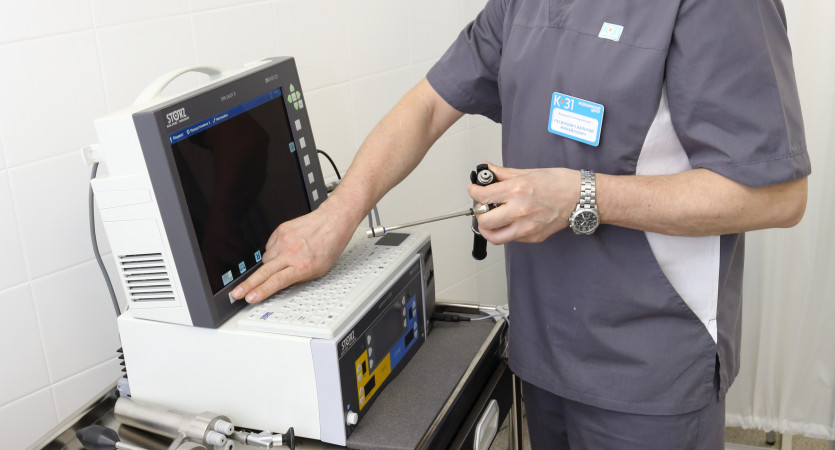
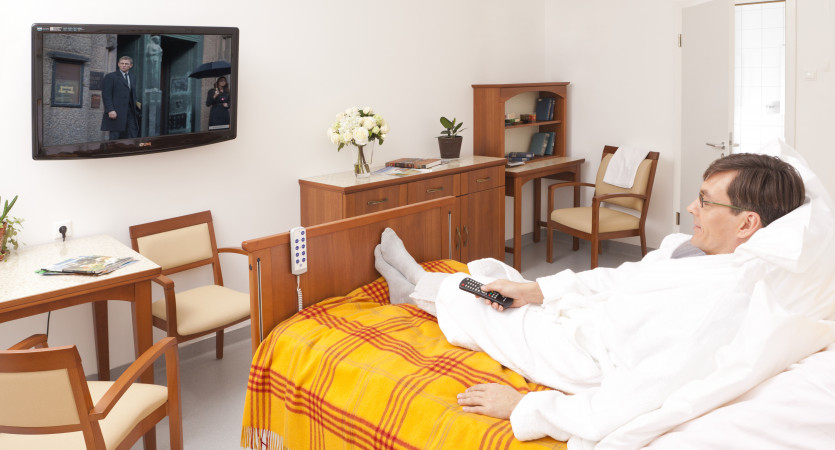
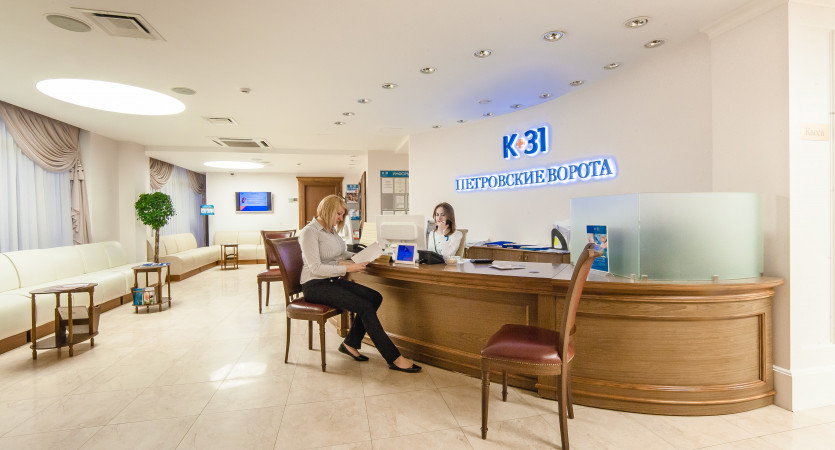
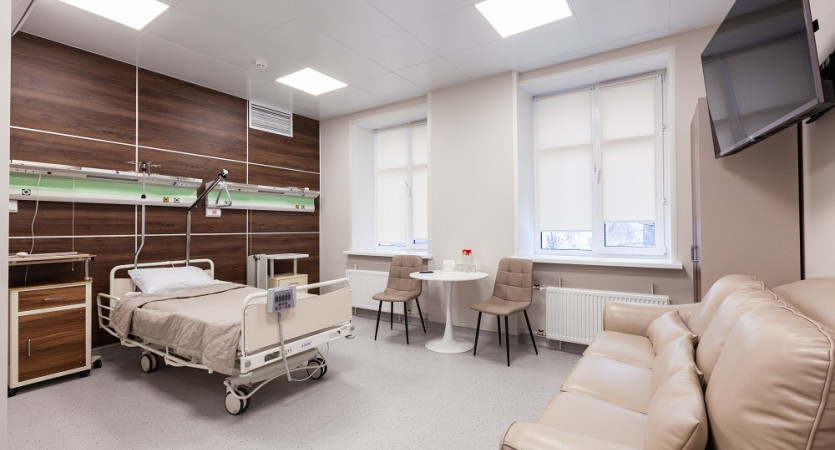
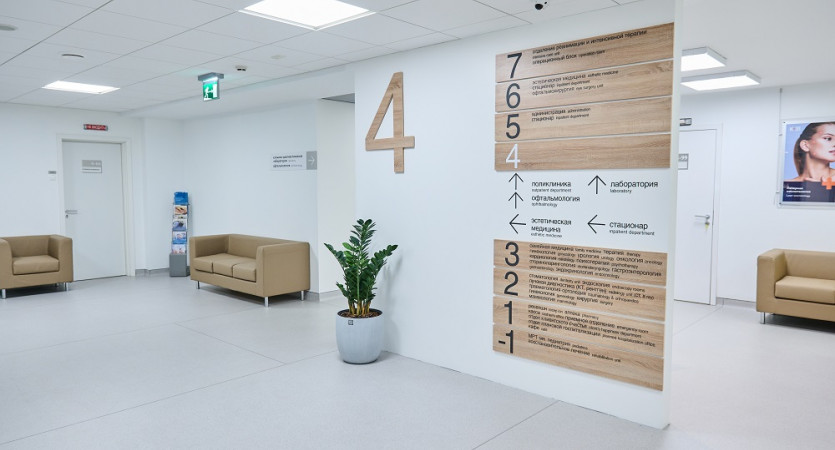
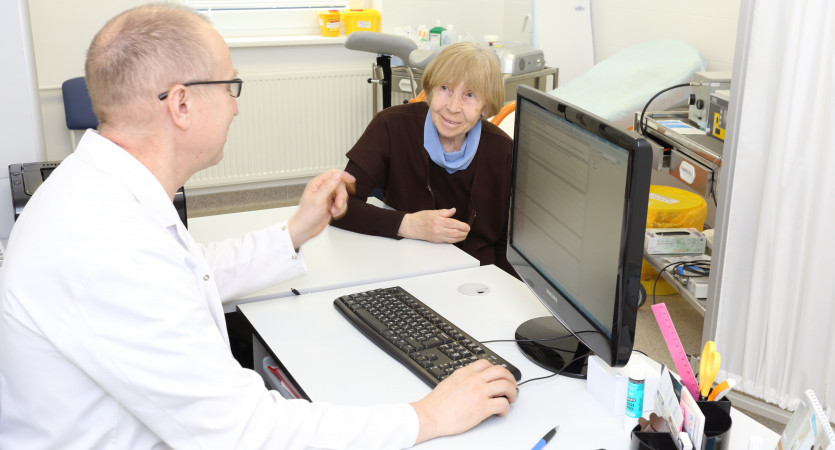
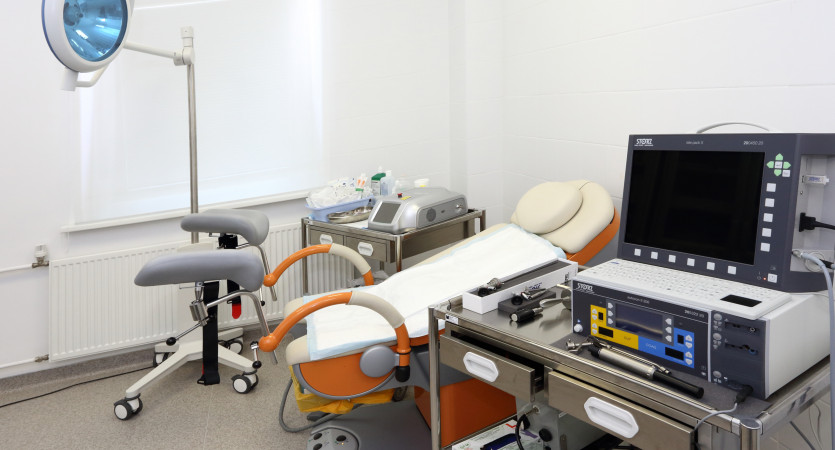
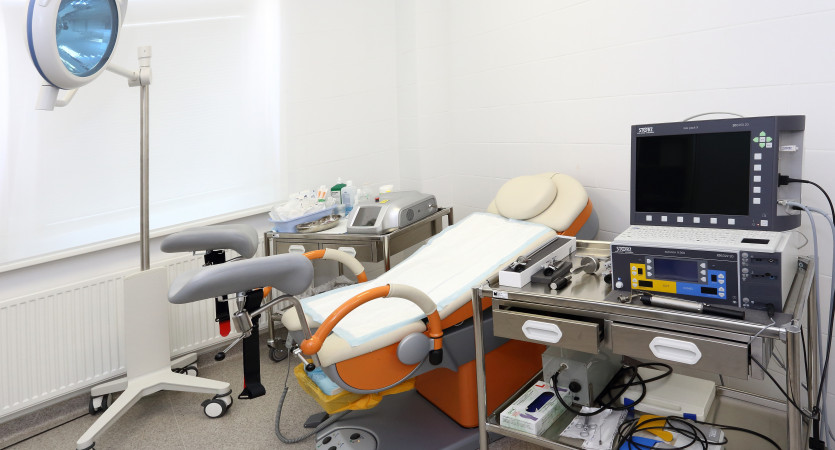
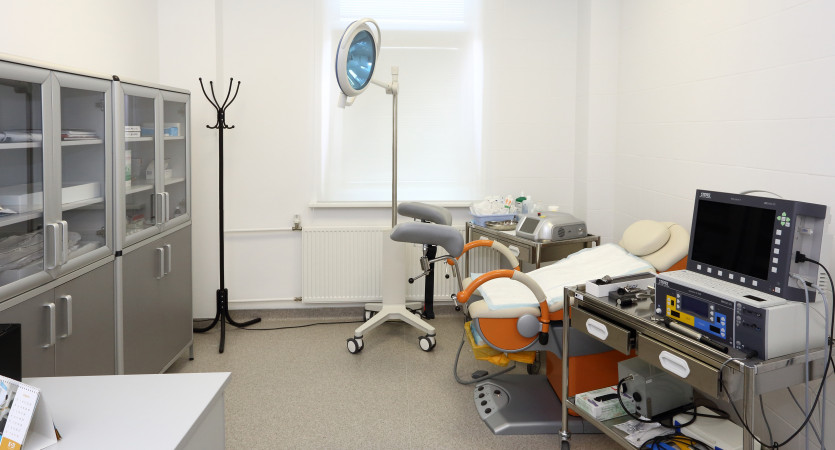




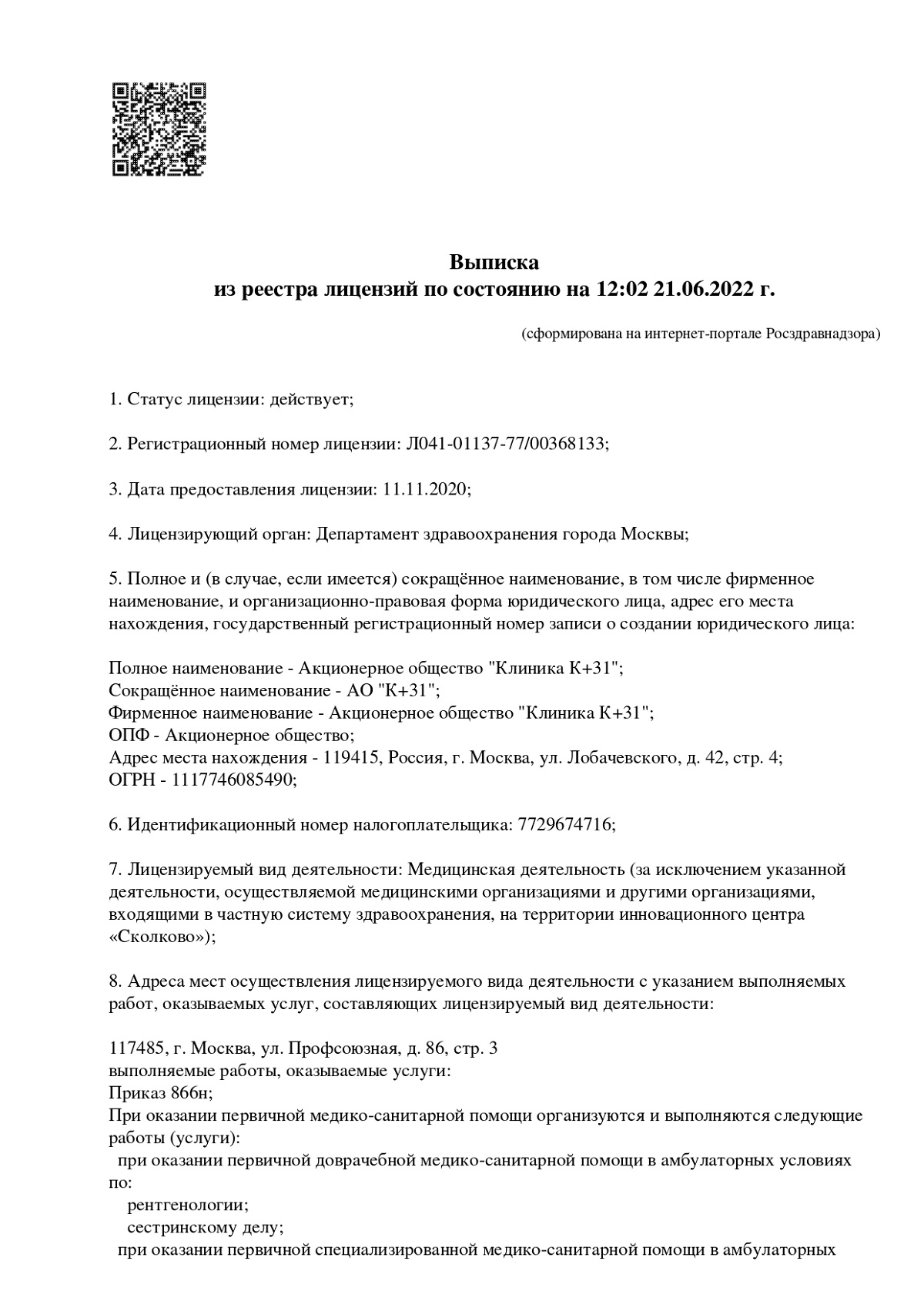
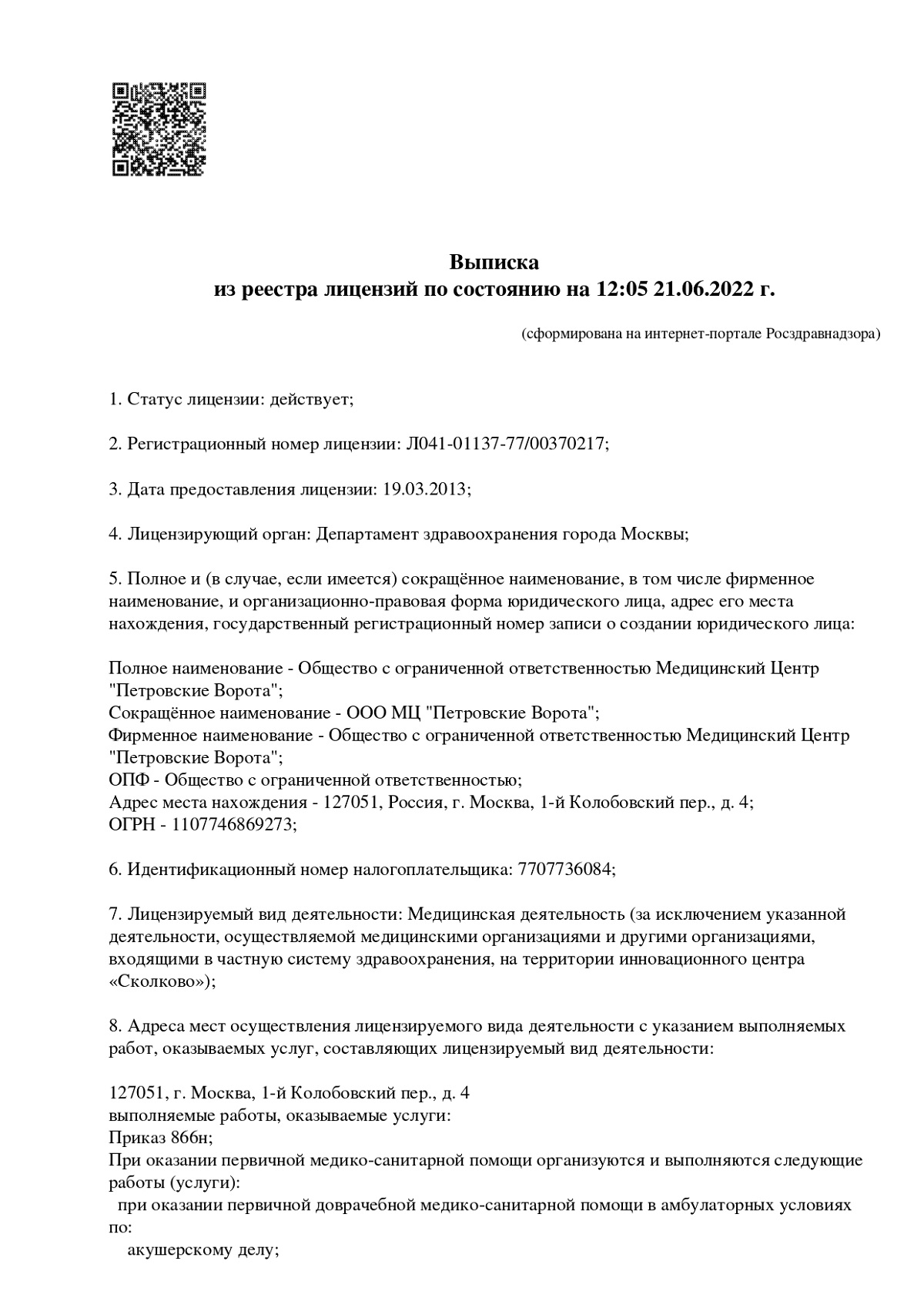
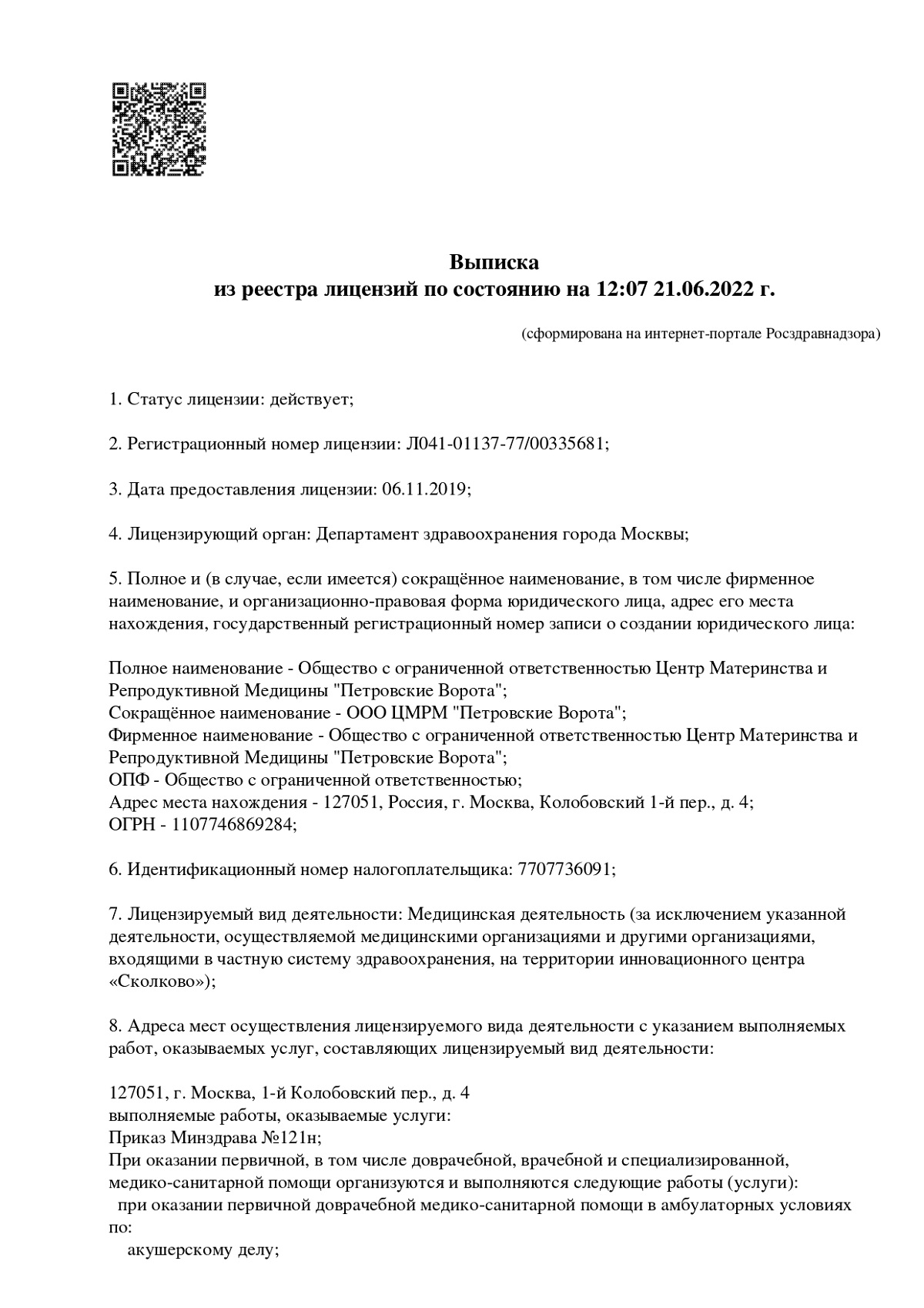

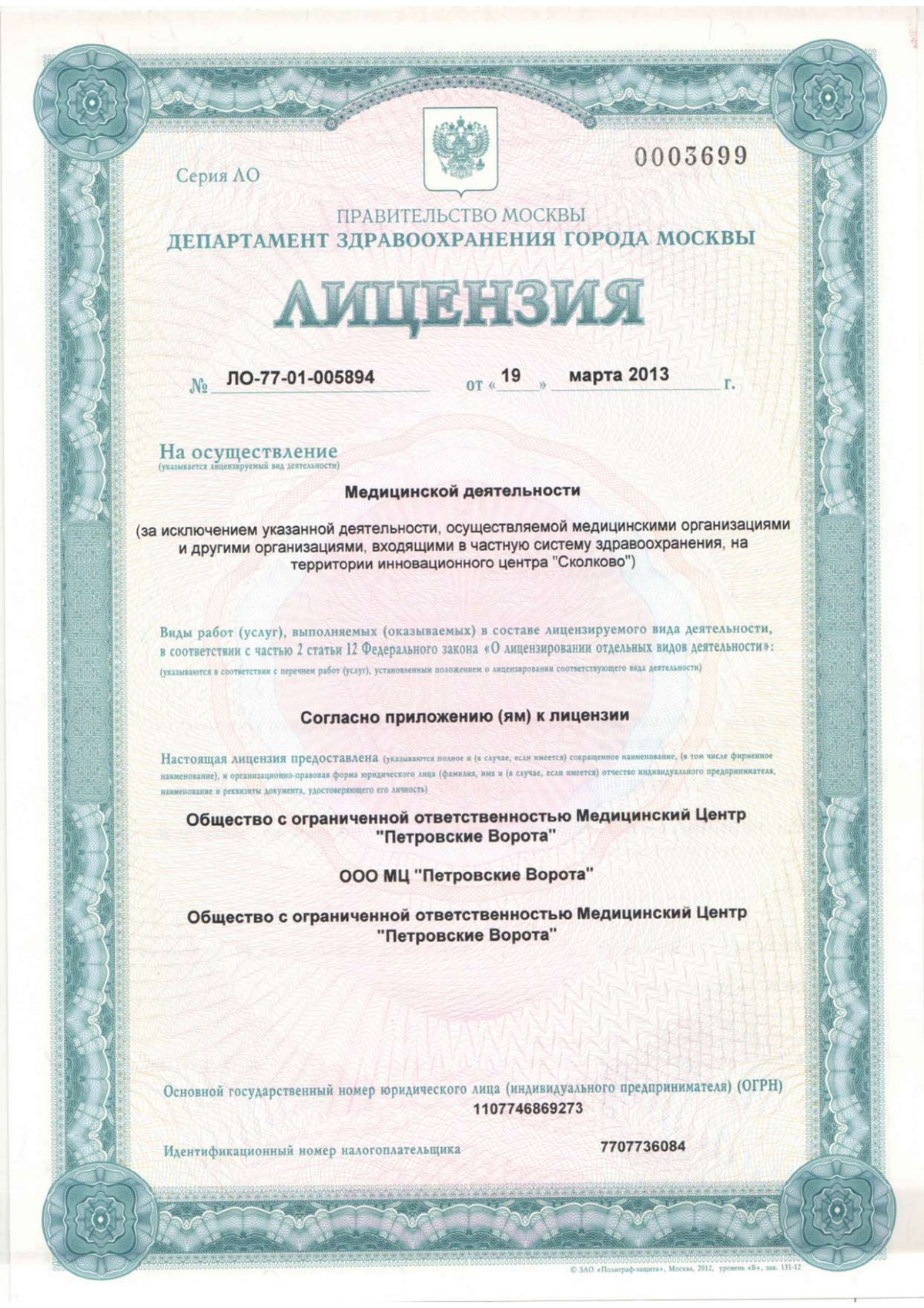







Proctology (coloproctology) is a field of medicine that deals with the problems of the pararectal and anal areas. It combines abdominal surgery and gastroenterology in the study of diseases of the rectum and colon, anal canal and perianal region, develops methods for their diagnosis, prevention and treatment of proctological diseases. This includes a wide range of pathological conditions of patients from hemorrhoids and anal fissure to malignant neoplasms of the colon and rectum, severe forms of ulcerative colitis and Crohn's disease. Coloproctology also covers problems of the gastrointestinal tract, which are located near the colon.
A coloproctologist (proctologist) is a doctor who specializes in the diagnosis and treatment of diseases of the colon and anus. If he has a therapeutic profile, then he carries out conservative treatment of diseases, and if surgical, then surgical interventions.
The proctology department in Moscow at the K+31 medical center receives patients with any problems. Our specialists select comprehensive treatment and use all modern diagnostic methods. The quality of medical services in the clinic can be judged by positive reviews from patients. You can make an appointment at the consultation and diagnostic department by calling the phone number indicated on the page or using the website’s return form.